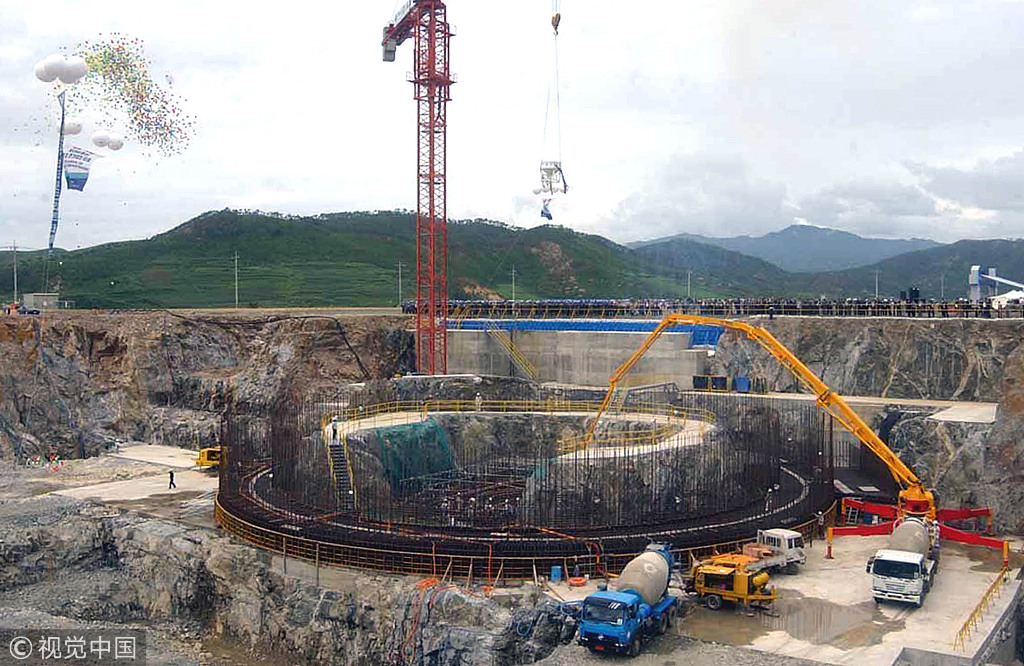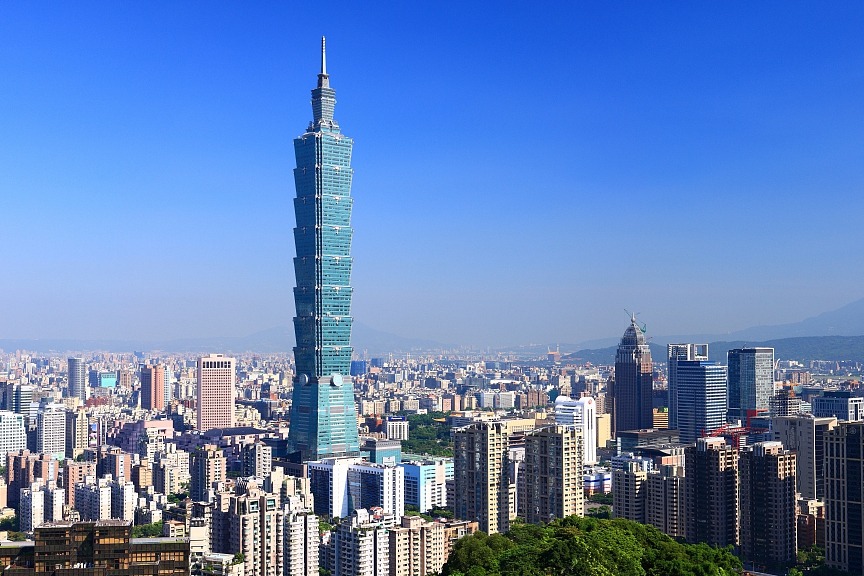China respects DPRK decision to ease tensions on peninsula


An official from the Republic of Korea dropped a bombshell on Thursday by announcing that US President Donald Trump has agreed to meet Kim Jong-un, top leader of the Democratic People's Republic of Korea, by May, and that Pyongyang will refrain from conducting nuclear or missile tests.
"Kim Jong-un talked about denuclearization with the South Korean Representatives, not just a freeze," Trump tweeted following the ROK National Security Adviser Chung Eui-yong's announcement.
Since no sitting US president has ever met with a DPRK leader, a meeting between Trump and Kim will mark a breakthrough and should be welcomed by all countries, including China.
Given such dramatic developments on the Korean Peninsula, Chinese people, the whole world, actually, are wondering about how China will respond. China should remain-in fact, it has remained-calm in the face of such a positive development.
And it will never feel "marginalized" because denuclearization of the Korean Peninsula and restoring peace and stability there are China's top goal that outweighs anything else, including its ties with the two Koreas and the power games being played in the Asia-Pacific region. It should be composed also because any turbulence on the peninsula caused by Pyongyang's nuclear activities would pose a potential security threat to China, its northeastern region in particular.
China has restored its ties with the DPRK to normal state-to-state relations, and bilateral economic ties are mainly based on equality and mutual benefit, although the two sides are still linked by an ideological bond. China's influence on the Korean Peninsula, if any, is based on its enhanced strength and geographical location. China's ability to sway the configuration of international sanctions also makes it a key party to the Korean Peninsula issue.
However, China is not the dominating party in the issue, as it doesn't directly decide the attitude of any of the other parties involved.
China's efforts to break the stalemate in the Korean nuclear issue have paid off, as the latest development is exactly what China has been painstakingly working for. China proposed the "dual-suspension" approach (the DPRK suspending its nuclear and missile tests in exchange for the United States and the ROK suspending their large-scale military drills) as a way to ultimately resolve the issue, and such a scenario has finally emerged.
Besides, China's "dual-track approach", which suggests denuclearizing the Korean Peninsula through a peace mechanism, has also gained ground. China has joined United Nations - led sanctions against the DPRK over the past two years, and objected to the proposed extreme measures, such as maritime blockade against Pyongyang, as they could ignite a military conflict, and leave no room for resolving the peninsula issue through peaceful means.
As a major power, China does not need to worry about the DPRK possibly "seeking refuge in" the US, especially because for years it has been pushing for direct dialogue between Washington and Pyongyang and has all the reason to adhere to it now.
Also, China has no reason not to feel happy at a Trump-Kim meeting that would contribute to the process of denuclearization of the peninsula, as the eventual resolution of the peninsula nuclear issue will help China develop better ties with the DPRK.
Beijing respects Pyongyang's decision to defuse tensions on the peninsula, and will consistently support peaceful means to denuclearize the peninsula.


































